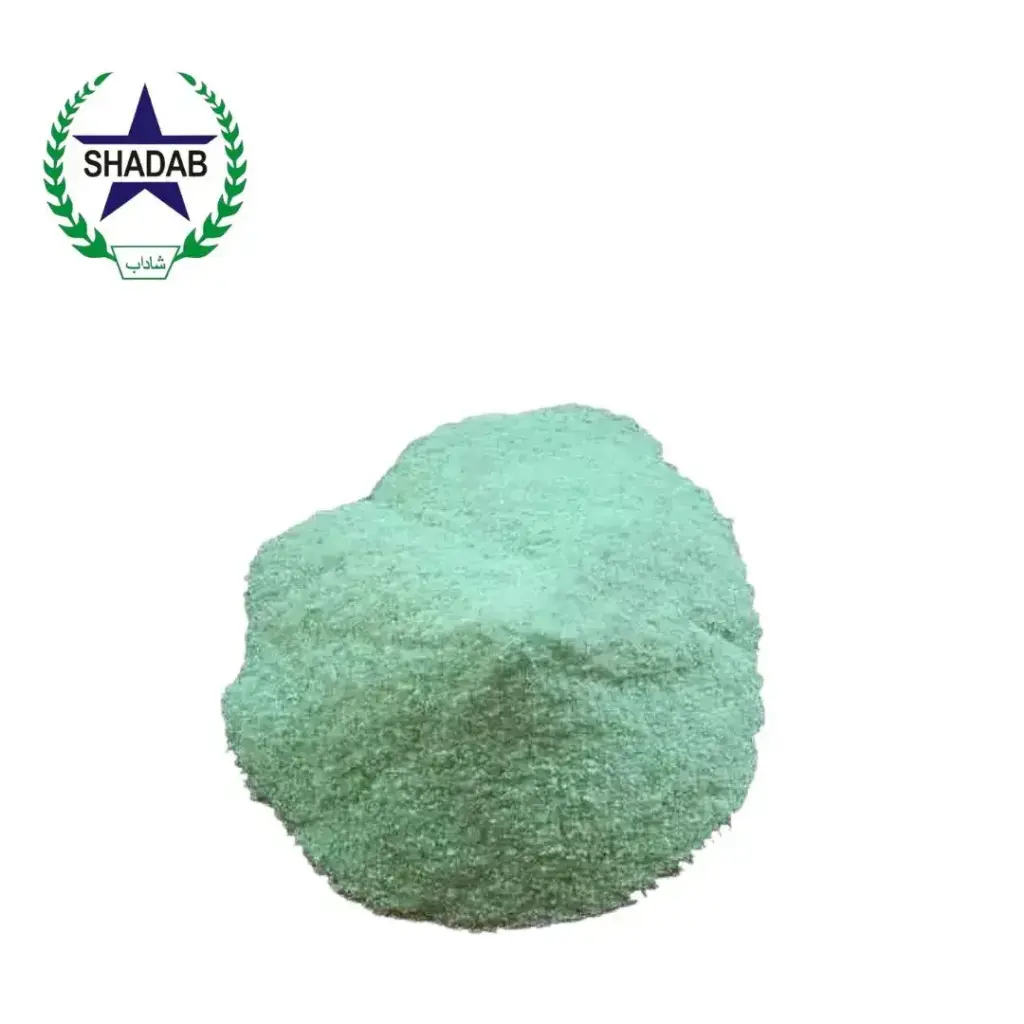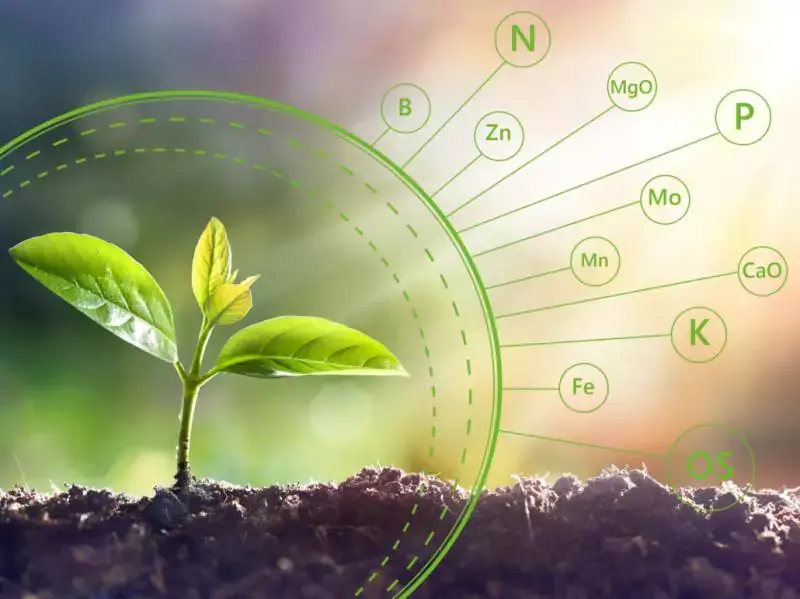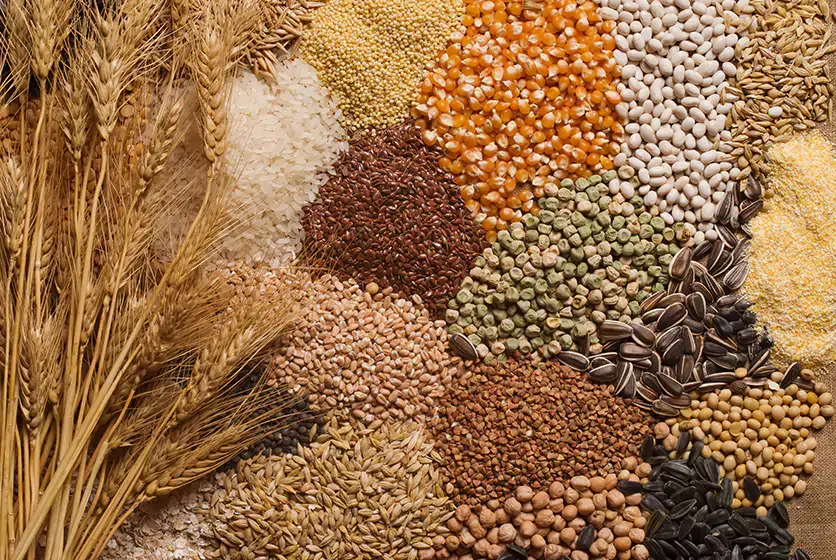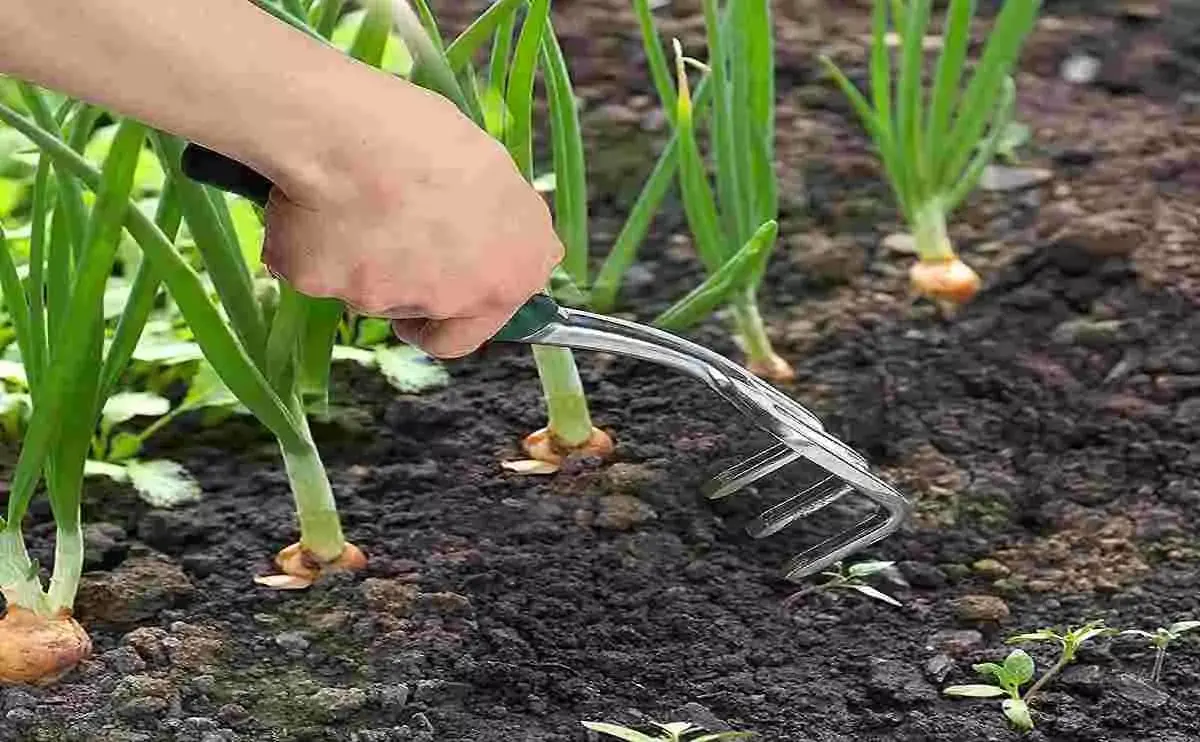Kitchen Gardening Ferrous Sulphate Fertilizer
Description
Ferrous sulfate fertilizer serves a variety of important functions in agriculture and horticulture. It is primarily utilized to address iron deficiency in plants, which is crucial for the synthesis of chlorophyll and the process of photosynthesis. When plants lack sufficient iron, they exhibit symptoms such as yellowing leaves and stunted growth. The application of ferrous sulfate effectively rectifies this deficiency, thereby enhancing overall plant vitality. Additionally, plants that receive adequate iron are more capable of producing higher yields in terms of fruits, seeds, and foliage, while also benefiting from improved root development and increased resilience to environmental stressors.
Ferrous Sulphate Role in soil
Furthermore, ferrous sulfate plays a significant role in soil management by lowering the pH of alkaline soils, which facilitates better nutrient availability for plants. It is also employed as a moss control agent in turf management and can serve as a conditioner for lawns. The application methods for ferrous sulfate include mixing it with compost and incorporating it into the soil, or applying it as a foliar spray for plants that show only slight deficiencies. Its cost-effectiveness compared to other micronutrient fertilizers makes ferrous sulfate a practical choice for enhancing plant health and productivity.
Ferrous Sulphate an important Soil Amendment
Ferrous sulphate serves as a prominent soil amendment, delivering vital nutrients necessary for plant growth. This chemical compound, represented by the formula FeSO4, is commonly referred to as iron(II) sulphate, green vitriol, or copperas. Its primary function is to supply iron to plants, an essential element for chlorophyll production, which enables plants to harness sunlight for energy conversion. Ferrous sulphate is particularly beneficial for crops such as fruit trees, vegetables, and ornamental plants that are prone to iron deficiency. Additionally, it can function as a general fertilizer, enhancing the overall health of plants. The appropriate application rate of ferrous sulphate is contingent upon the specific crop and the degree of iron deficiency present, typically ranging from 1 to 2 kg per acre. Adhering to the manufacturer's guidelines is crucial to prevent over-application, which may lead to toxicity in plants.
Mode of action of Ferrous Sulphate
The mechanism by which ferrous sulphate operates involves supplying essential iron to plants, a critical component for the synthesis of chlorophyll. Chlorophyll is the pigment responsible for enabling plants to harness sunlight and convert it into energy through the process of photosynthesis. In instances where plants experience iron deficiency, their ability to produce adequate chlorophyll is compromised, leading to symptoms such as leaf yellowing and inhibited growth. The application of ferrous sulphate effectively addresses this deficiency, thereby enhancing the overall health and vitality of the plants.
Ferrous sulphate is widely utilized across various crops that are prone to iron deficiency. Notable examples of these target crops include fruit-bearing trees like citrus and apple, as well as vegetables such as beans and spinach, in addition to ornamental species like azaleas and roses. These plants frequently thrive in alkaline soil conditions, which can hinder their capacity to absorb iron effectively. By incorporating ferrous sulphate into their cultivation practices, farmers and gardeners can ensure that these crops receive the necessary iron to support their growth and development.






